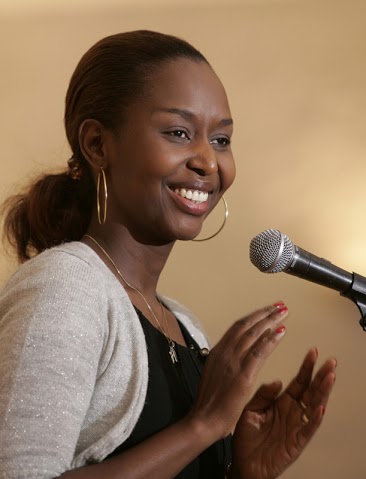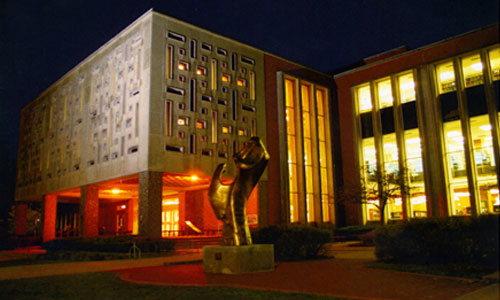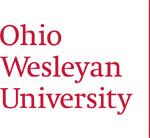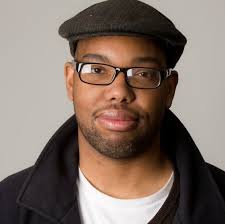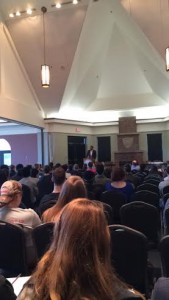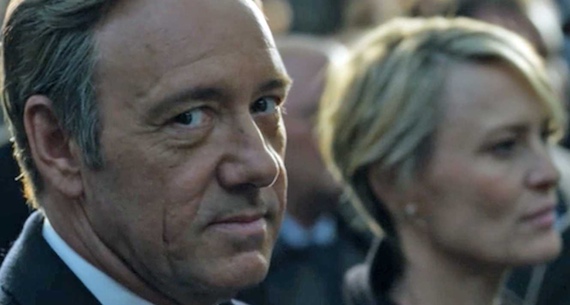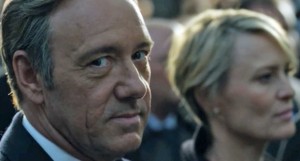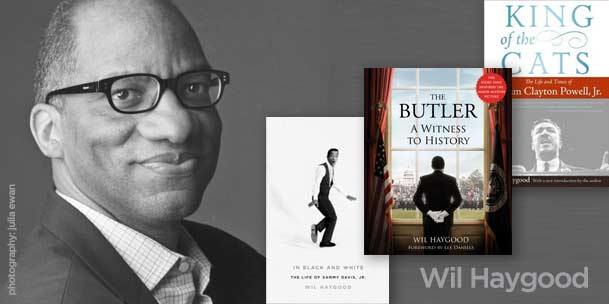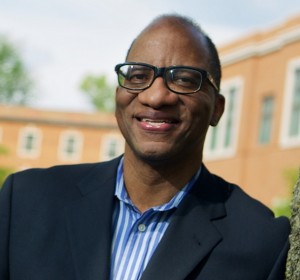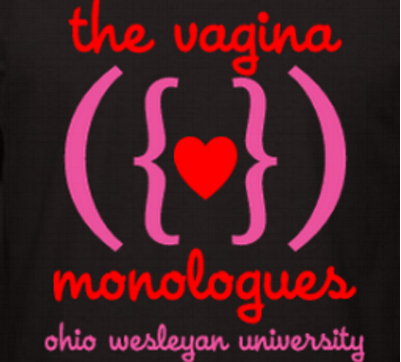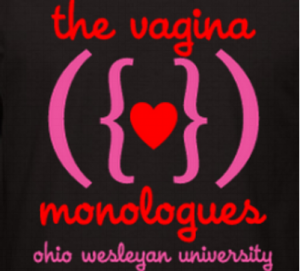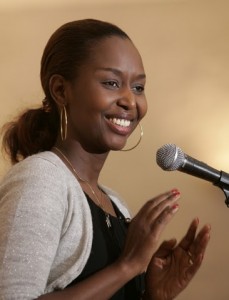
For Immaculée Ilibagiza, a survivor of the 1994 Rwanda genocide, telling her story is of vital importance.
On Sept. 10, she discussed her book “Left To Tell” in Ohio Wesleyan’s Gray Chapel in front of hundreds of guests.
Ilibagiza’s book “recounts her struggle to find meaning and purpose after the horrific violence that killed nearly one million Tutsis,” according to the book’s description. Ilibagiza “hid with seven other women for 91 days inside a 3footby4foot bathroom during the violence.”
Ilibagiza also spoke on Sept. 11 at St. Mary’s Catholic Church in downtown Delaware.
Ilibagiza has worked with the United Nations and has received five honorary doctoral degrees.
Among her many other accomplishments, she earned the Mahatma Gandhi International Award for Reconciliation and Peace in 2007 and has written seven books about her faith and life journey.
People from all over the Columbus area crowded alongside students in Gray Chapel to hear her speak. Columbus resident Birdie Weisenberger said, “Ilibagiza showed how humbling a simple relationship with God can be.”
Dorothy Tanner, another Columbus resident, said, “It was so inspiring to hear how someone with such a tough past and who has experienced such loss found something so great to get her through. I thought it was also really beneficial because you didn’t have to be a Catholic to understand her message.”
Throughout the talk, Ilibagiza explained the hardships she experienced and how she developed her relationship with God. Ilibagiza said, “One of the lessons I learned was that forgiveness is possible at all times. Another was the power of love; we take love so lightly, and what we lacked in our country was love. After the genocide I held love very close to my heart.”
“The last lesson was the power of prayer. Pray the rosary and to God everyday,” Ilibagize said.
“When we were going through the suffering, the worst feeling was to ask, ‘Why me, God? Why is this happening?’”
Ilibagiza demonstrated that one should always be thankful for the life they have and that her experience “shows you how short your time here is on earth.”
The events were free and concluded with book signings by Ilibagiza.
